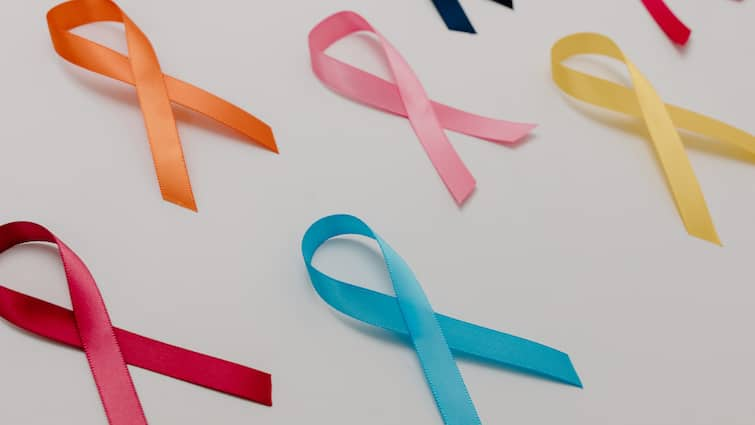(By Dr. Madhavi Nair)
Post cancer life is not about bouncing back. It is creating a new normal specifically one that puts their health, balance and clarity on priority. Whether you are new to recovery or several years clean [cancer free], these are some of the lifestyle changes that make a huge difference in both your long-term sobriety (health) and overall quality of life.
ALSO READ: 8 Essential Tips For Healthy Eating You Can Start Today
The First And Most Important Step: Regular Surveillance
For a cancer survivor, adhering to a follow-up schedule remains the single most important thing one can do. The goal of this check-in (ups), usually every six months to a year, is early detection of any sign of recurrence. The first few years are especially critical, but in some cases, monitoring may go on longer depending on the type and location of the tumor. Don’t skip these. Even if you’re feeling great, regular surveillance is your safety net.
Build A Healthier Lifestyle
Once treatment ends, it’s tempting to shut the chapter and try to forget the whole ordeal. But your body’s still healing, and what you do now matters.
- Move More: Engaging in regular exercise, even if it’s only a daily 30-minute stroll, can help promote long-term recovery, increase energy, and elevate mood.
- Eat Clean and Balanced: Focus on whole foods, fruits, vegetables, lean proteins, and less processed stuff. It’s not about cutting everything out, just about giving your body what it needs to heal.
- Manage Stress: Whether it’s yoga, music, journaling, or just saying no to things that drain you, find what calms your mind and make time for it.
You’ve earned the right to enjoy life. Many survivors return to work and pick up their old responsibilities, but it’s just as important to balance your career goals with family, hobbies, and downtime. You don’t have to keep powering through. Rest isn’t a luxury, it’s part of healing.
Clearing Up A Few Common Myths
Let’s break down a few of the most common myths.
- Sugar feeds cancer: Cancer cells do consume more sugar than regular cells, but eating sugar doesn’t cause cancer to spread. Cutting out sugar won’t make a tumor shrink either. That said, it’s smart to limit sugar for overall health, especially if you’re trying to reduce inflammation and support your immune system.
- Cancer is contagious: It’s not. Cancer is not contagious. Some viruses, such as HPV, HBV or HIV however can lead to cancer and can be transferred between humans, so it’s about the virus, not the cancer itself
- Biopsies make cancer spread: This one causes for lot of fear, but it’s not always accurate. Biopsies are a critical part of diagnosis and planning treatment. In the overwhelming majority of cases, they do not cause cancer to spread.
- Alternative treatments are safer: Many patients explore options like homeopathy or herbal remedies. Here’s the key point, always talk to your cancer doctor before starting anything new. Some supplements or non-prescribed therapies can interfere with your ongoing treatment or medications.
Being cancer-free is only one aspect of recovery. Rebuilding your life in a way that benefits both your health and mind is the goal. Stick to your follow-ups, nourish your body, move a little more, and carve out space for the things that make you feel alive. And when you’re unsure, ask questions, your oncologist is there to guide you, not just through treatment, but through the life that comes after it.
Dr. Madhavi Nair is Consultant – Surgical Oncology, Manipal Hospital Varthur Road, Bangalore
[Disclaimer: The information provided in the article, including treatment suggestions shared by doctors, is intended for general informational purposes only. It is not a substitute for professional medical advice, diagnosis, or treatment. Always seek the advice of your physician or other qualified healthcare provider with any questions you may have regarding a medical condition.]
Check out below Health Tools-
Calculate Your Body Mass Index ( BMI )
Calculate The Age Through Age Calculator

